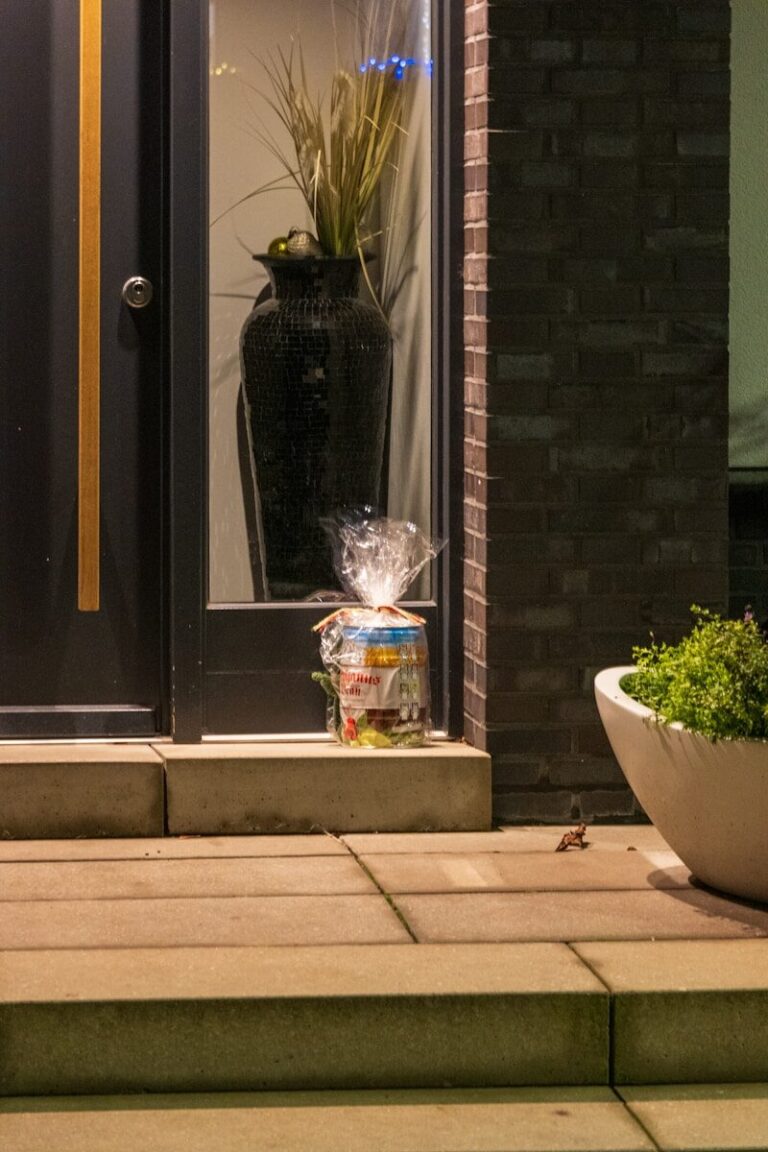
Each home offers distinct benefits in many aspects of life, and determining the best option for you necessitates a thorough examination of your circumstances. However, we are here to assist you in the decision over whether to buy a condo or a townhouse in Mississauga by examining the advantages of each, so you can determine which is best for you and your future goals.
Condo vs Townhouse
In the same way that an apartment is an individual unit inside a building or set of buildings, a condominium is a separate unit within a building or set of buildings. A condo, unlike an apartment, is owned by the residents rather than rented from a landlord.
A townhouse is an adjacent dwelling that the residents also own. A connected townhouse shares one or more walls. Consider a rowhouse rather than an apartment, and anticipate a little more privacy than a condo.
When it comes to condo renovations in Toronto, both housing options have their unique set of benefits. It’s important to consider these differences before making a decision.
The most significant distinction between the two is ownership and fees—what you own and how much you pay.
Determining Factors
Now that the fundamental concepts have been clarified, let’s explore some of the factors that differentiate condos and townhouses.
Homeowners’ association
The presence of a homeowners’ association (HOA) is one of the most notable contrasts between these types of residences and single-family dwellings.
You must join an HOA and pay monthly fees when you purchase a condo or townhouse. The HOA, which other tenants control, is responsible for the day-to-day upkeep of the common areas. The HOA manages the building, its grounds, and the common interior areas of a condo. The HOA manages common spaces in a townhouse community, including general grounds and, in some circumstances, roofs and exteriors of the structures.
Cost
There are costs in addition to the listing fee. Condos are frequently less expensive than townhouses since they do not include land, but you also have to consider other costs. Property taxes, homeowners insurance, and the cost of a home inspection vary depending on the type of property and where it is located. Depending on your lender, there is the possibility of facing higher interest rates and a larger down payment for your townhouse or condo purchase. Before making a selection, make sure to consider all fees. Yet, keep in mind that townhouses have the edge since land is included.
Ownership
You own your unit and share joint ownership of the building with the other owner-tenants when you buy a condo. This shared ownership extends not just to the construction of the building but also to its common amenities, such as the gym, pool, gardens, and airspace.
Ownership of a townhouse is similar to that of a detached single-family home. The structure and the land it stands on are your property; the only difference is that it shares some walls with another structure.
Resale Value
If you purchase something in great demand that will appeal to both the young and elderly, you will ensure a greater resale value. As your unit ages, you may compete with newer, lower-cost projects. It would be best if you also thought about supply and demand.
Choose a condo or townhouse that is close to public transportation and is reasonably priced in an otherwise pricey neighborhood. Consider where your apartment is in the building or row of residences. It might make all the difference when it comes time to sell.












